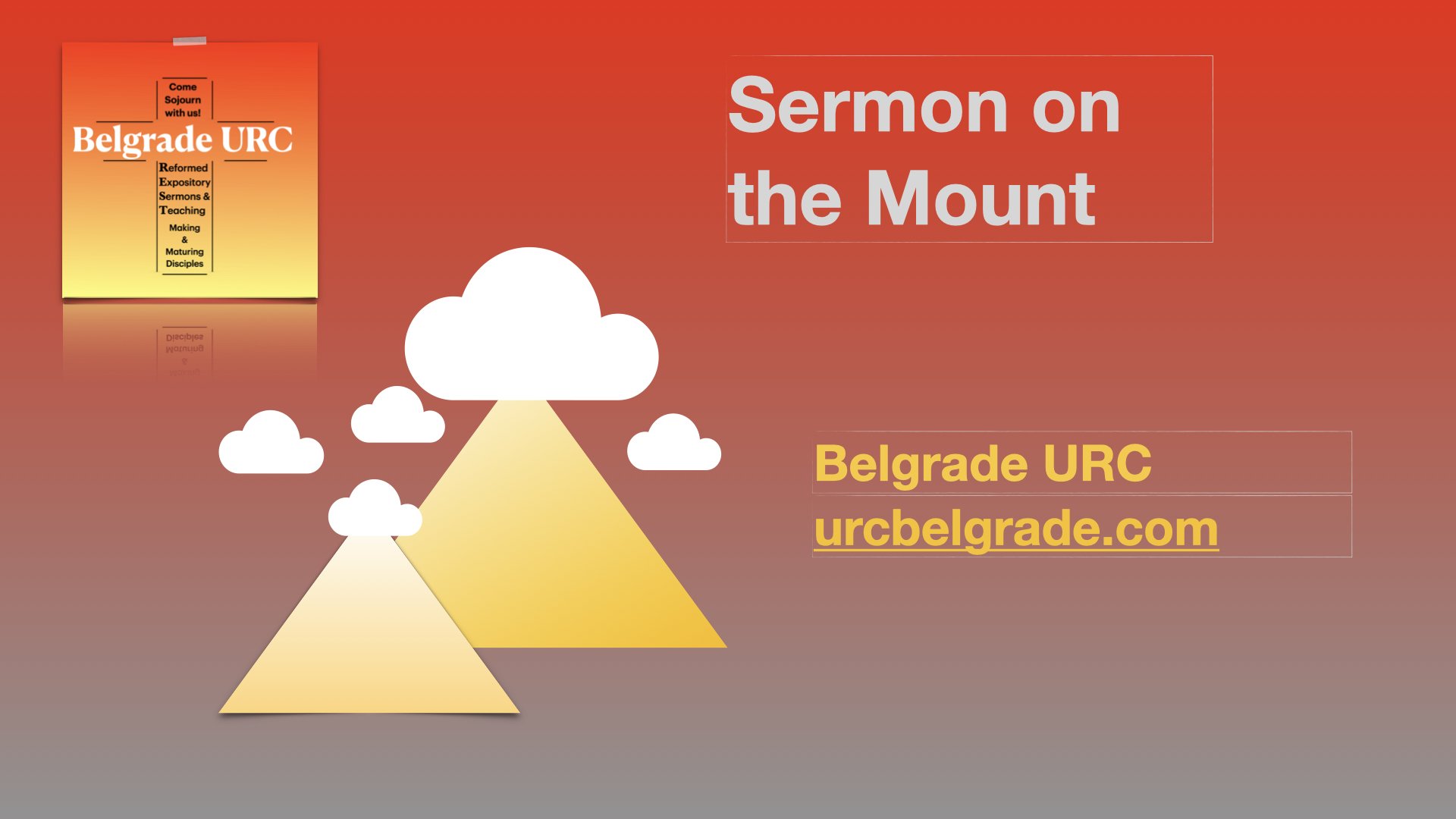Redeemed to Conscious Living (Isaiah 63:7-64:12; LD 24)
/The prophet Isaiah recounts the Lord's gracious work, and intercedes on behalf of God's people. We ultimate rest in God’s steadfast mercy. We are unfaithful, but He is faithful. We desire the potter to mold us as his redeemed.


